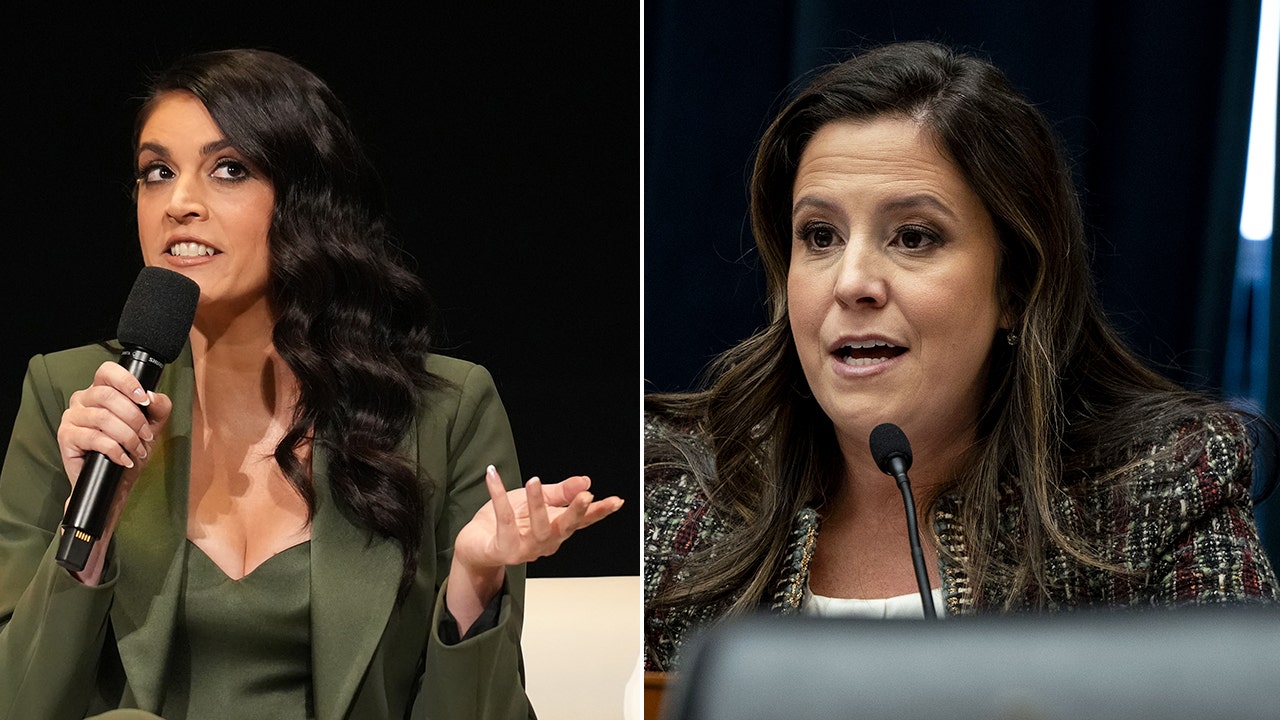President Trump said on Monday that he will “solve the Iran problem” and that “it’s almost an easy one.”
Almost.
What is “the Iran problem”? Trump seems to think it’s Iran’s efforts to obtain nuclear weapons, which, he has said, “they can’t have.” Iran has enriched uranium to 60 percent purity — close to weapons grade — and “might be able to enrich enough uranium for five fission weapons within about one week and enough for eight weapons in less than two weeks,” according to the Wisconsin Project on Nuclear Arms Control. It would take additional time to make the parts needed to turn this fissile material into a bomb, but this could be done in small, secret facilities.
Steve Witkoff, Trump’s emissary, said last week that the administration’s red line was “weaponization” of Iran’s nuclear capabilities. Incredibly, that conceded more to Tehran than Barack Obama’s 2015 nuclear deal — the one Trump correctly canceled in his first term for being too weak. After meeting with Iran’s foreign minister over the weekend, Witkoff appeared to walk back his original suggestion, posting on X on Tuesday that Iran must “eliminate its nuclear enrichment and weaponization program.”
Tehran has been playing Western diplomats for fools for decades — including through Obama’s much-ballyhooed Iran deal. That deal’s nuclear restrictions, had they remained in place, would soon be expiring; mostly, what the deal accomplished was to expand Iran’s regional power by lifting economic sanctions. Iran also has a richly documented record of cheating on its agreements, a fact that was exposed by Israel when it stole the regime’s nuclear secrets from a warehouse in Iran in 2018.
If Witkoff really thinks there’s any kind of inspection or verification process that will keep the regime in check, he’s naïve. But the larger mistake is to think that the Iran problem is fundamentally about nuclear weapons. France and Britain also have nukes, but not many people lie awake at night worried about them. The Iranian regime is different not because it might acquire nuclear weapons. It’s different because its ideological character, geopolitical ambitions and raging anti-Americanism and antisemitism, as well as its long record of supporting terrorism, might dispose the regime to brandish or even use them.
That’s what must change if the nuclear question is going to be fully resolved. Which brings us to something else Trump has said of Iran: “I want them to be a rich, great nation.” Good. The question is how.
There are two paths here. One is a reprise of some version of the sanctions-for-nukes deal that lay at the core of the 2015 agreement and that Iran says it wants today. But that deal is destined to fail because it does nothing to change the character of the regime.
The second path is more ambitious but also, potentially, more promising. It’s what I previously called normalization for normalization.
Here is what normalization would require of the United States: The resumption of full diplomatic ties between Tehran and Washington, including the reopening of embassies that have been shuttered for decades. The end to all U.S. economic sanctions, including secondary sanctions imposed on foreign companies for doing business with Iran. Direct, bilateral trade and investment. Thousands of student visas for Iranians wishing to study in the United States. The offer of U.S. arms sales to Iran, at least of a conventional kind.
And here is what normalization would require of the Iranian regime: It would have to start behaving like a normal country.
A normal country doesn’t finance and arm terrorist groups that start regional wars and disrupt global commerce, like Hezbollah, Hamas and the Houthis. A normal country with the world’s third-largest proven oil reserves but an otherwise collapsing economy doesn’t need to spend billions of dollars to enrich uranium or produce plutonium. A normal country doesn’t call for the elimination of other countries, even hostile ones. A normal country doesn’t take foreign nationals hostage as a routine part of its diplomacy. A normal country doesn’t seek to assassinate former U.S. government officials or dissident exiles. A normal country doesn’t hang gay people. A normal country doesn’t gang rape women in prison to enforce a so-called modesty code.
If Iran wants to solve its pressing economic and strategic problems — a cratering currency, energy shortages, widespread popular opposition and the decimation of its regional allies — all it has to do is change its own behavior.
If Trump wants his own Reaganesque “Tear down this wall” moment, proposing normal for normal in an Oval Office address would be a good way to do it. Iran’s leaders would almost surely brusquely reject it. But Iran’s restive people would be inspired by it, and it would clarify the real nature of the crisis with the regime — a crisis that’s chiefly about values, not weapons.
And to give this rhetorical diplomacy some teeth? Trump can also lease modern aerial tankers and old bombers to Israel, which the Jewish state would need to carry out a comprehensive attack on Iran’s nuclear facilities. As negotiators like Trump and Witkoff should know, an olive branch is easier to accept when it is offered from the tip of a sword.















